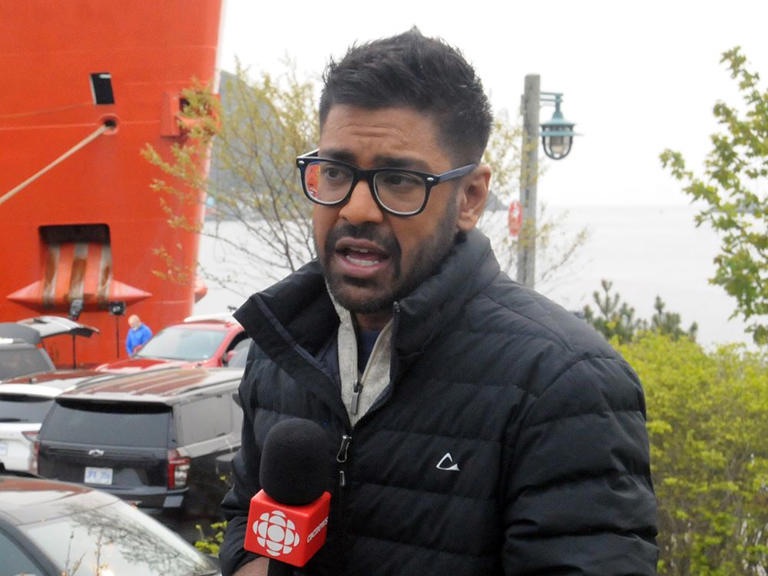Tanzania's President Launches Inquiry into Election-Related Violence
Tanzania's President Samia Suluhu Hassan has announced an official investigation into the unrest that erupted during the recent election week, amidst accusations of her government's role in violently suppressing historic protests. Declared the winner of last month's presidential poll with an overwhelming 98% of the vote, the result has been condemned as a 'mockery of democracy' by opposition leaders, with at least 240 individuals charged with treason following the protests.
In addition to the commission of inquiry, President Samia has urged prosecutors to exercise 'leniency' towards those arrested amid the chaos, quoting a biblical passage: 'Father, forgive them, for they know not what they do.'
These comments come just days after the UN High Commissioner for Human Rights, Volker Türk, pressed Tanzanian authorities to carry out a full and transparent investigation into disturbing accounts of killings and significant human rights violations tied to the elections held on October 29. While the opposition claims that hundreds may have died during the ensuing unrest, the government has yet to publish an official death toll.
The violence experienced is particularly shocking for a nation that has long been perceived as stable and orderly. President Samia further addressed parliament, highlighting her awareness of many young individuals charged with treason, expressing that they may not have fully comprehended their actions. As a 'mother and guardian' of the nation, she has instructed law enforcement to show compassion towards these individuals.
President Samia has also called for political factions to engage in dialogue on conducting politics in a less detrimental manner to the country, while reiterating her commitment to initiate a new constitution-making process. The protests, fueled by young people, reflect widespread discontent with entrenched leadership, drawing parallels with global youth-led movements.
Experts assert that while the unrest was unprecedented, it followed a tense political environment characterized by stalled reforms, pent-up youth frustration, and ongoing persecution of dissenting voices within the political spectrum. The ruling party's systematic efforts to eliminate viable opposition exacerbated the situation, as indicated by the exclusion of two main opposition leaders from the election.
Despite her earlier favorable reception for allowing more dissent following her rise to power, President Samia faces significant challenges as recent months have witnessed a grave uptick in abductions, arrests, and alleged killings of opposition members, undermining hopes for genuine political reform and reconciliation.























